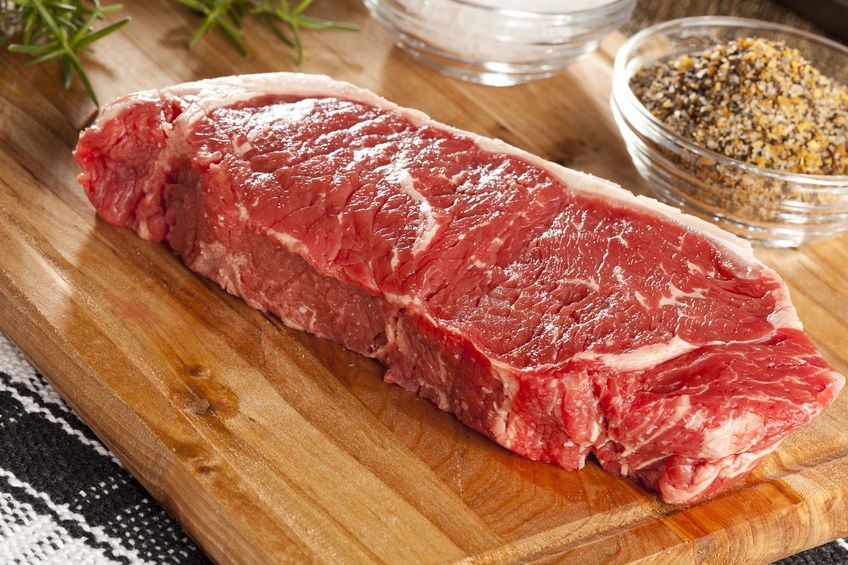
There are "excessive amounts" of salt in so-called "healthy" processed meat alternatives, such as meat-free burgers and meat-free bacon, a campaign group has highlighted.
Some vegan products found on supermarket shelves contain much more salt per 100g than seawater, campaign group Action on Salt said.
Meat free burgers contain on average more salt than meat burgers, at 0.89g per serving versus 0.75g per serving, respectively.
The campaign group, based at Queen Mary University of London, has now called for action from Public Health England to prevent thousands of deaths from stroke and heart diseases due to excessive salt.
Twenty-eight percent of all products surveyed are higher in salt than their maximum salt targets, which were due to be met by 31st December 2017.
The saltiest products in the survey - Tofurky’s Deli Slices Hickory Smoked and Tesco’s Meat Free 8 Bacon Style Rashers – both contain much more salt per 100g than seawater3 (3.5g/100g and 3.2g/100g respectively).
In fact, of the 157 supermarket meat alternative products surveyed, the highest average salt content per 100g was found in meat free bacon (2.03g/100g) and meat free sliced meat (1.56g/100g).
Per portion, on average vegetarian kievs were the saltiest (1.03g) – saltier than a large portion of McDonald’s fries - followed by meat free sausages (0.96g) and plain meat-free pieces and fillets (0.87g) – as salty as three portions of salted peanuts.
Action on Salt last surveyed vegetarian alternatives in 2008 and while the average salt content per 100g has decreased for both meat-free sausages and meat-free burgers, the average salt content per portion of meat-free burgers has increased from 0.80g to 0.89g.
Meat versus meat-free
Whilst many believe that meat free alternatives are the ‘healthy’ option, Action on Salt’s survey of real beef burgers from leading retailers has revealed that their average salt content per serving - 0.75g - was lower than that of meat free burgers at 0.89g per serve.
Certain vegetarian sausages have as much salt as the saltiest meat sausages, Quorn’s 4 Best of British Sausages with 1.9g/100g remain the saltiest vegetarian sausages available – providing more than 2g salt (2.2g) per 2 sausages.
Furthermore, 32 of the 154 (20%) products included in the survey had no front of pack colour-coded labelling, including Linda McCartney’s entire product range.
Graham MacGregor, professor of cardiovascular medicine at Queen Mary University of London and chair of the campaign group, said: “Reducing salt is the most cost-effective measure to reduce the number of people dying or suffering from entirely unnecessary strokes and heart disease.
“Given the vast amounts of strokes and heart disease that could be avoided and huge savings to the NHS, it is incomprehensible that Public Health England are not doing more to reduce the amount of salt in our food. We are again calling on PHE to take urgent action.”
The survey follows news of researchers highlighting how people who eat higher levels of red meat and cheese are more likely to live longer.
The study of 220,000 adults found that eating three portions of dairy and one and half portions of unprocessed red meat a day could cut the risk of early death by one quarter.
